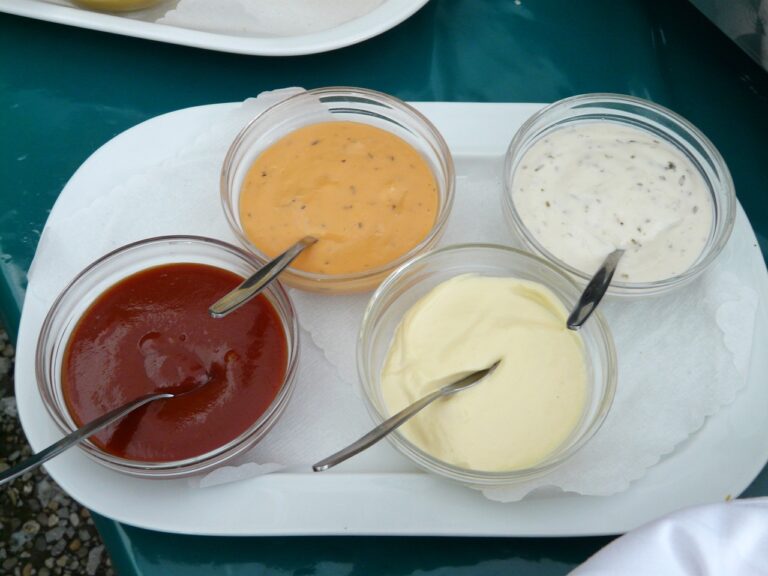Spotlight on QSRs Implementing Zero-Waste Initiatives: All panel login, Mahadev book online, Get cricket id
all panel login, mahadev book online, get cricket id: Spotlight on QSRs Implementing Zero-Waste Initiatives
In recent years, the food industry has been under increasing pressure to reduce its environmental impact. One solution that many Quick Service Restaurants (QSRs) are turning to is implementing zero-waste initiatives. These initiatives aim to eliminate waste wherever possible, from food packaging to food scraps and everything in between.
By adopting zero-waste practices, QSRs can not only reduce their carbon footprint but also save money in the long run. In this blog post, we’ll shine a spotlight on some of the QSRs that are leading the way in implementing zero-waste initiatives and making a positive impact on the planet.
### Starbucks
Starbucks has been a trailblazer in the realm of sustainability, with a strong commitment to reducing waste across its stores. The coffee giant has set a goal to have 10,000 greener stores globally by 2025, which includes implementing compostable packaging, reducing single-use plastics, and encouraging customers to bring their own reusable cups.
### McDonald’s
McDonald’s is one of the largest QSR chains in the world, and they are making strides in sustainability by implementing zero-waste initiatives. In 2018, McDonald’s announced a plan to have all of its packaging come from renewable, recycled, or certified sources by 2025. They are also working to reduce their food waste and increase recycling at their restaurants.
### Chipotle
Chipotle is another QSR that is taking steps to reduce its environmental impact through zero-waste initiatives. The chain has implemented composting programs in many of its locations, which divert food scraps and packaging materials from landfills. Chipotle has also pledged to reduce its waste by 50% by 2020.
### Subway
Subway has made sustainability a priority by implementing zero-waste initiatives at its restaurants. The sandwich chain has committed to reducing its packaging waste and increasing recycling efforts. Subway is also working to source more sustainable ingredients and reduce food waste across its operations.
### Taco Bell
Taco Bell is also making strides in sustainability by implementing zero-waste initiatives at its restaurants. The fast-food chain has set a goal to make all of its packaging recyclable, compostable, or reusable by 2025. Taco Bell is also working to reduce its food waste and increase recycling efforts.
### Pizza Hut
Pizza Hut has joined the ranks of QSRs implementing zero-waste initiatives to reduce its environmental impact. The pizza chain has set a goal to make all of its packaging recyclable or compostable by 2025. Pizza Hut is also working to reduce its food waste and increase recycling efforts at its restaurants.
As more QSRs recognize the importance of sustainability and environmental responsibility, we can expect to see more companies implementing zero-waste initiatives in the future. These initiatives not only benefit the planet but also help QSRs reduce costs and appeal to eco-conscious consumers.
### FAQs
1. What is a zero-waste initiative?
A zero-waste initiative aims to eliminate waste wherever possible, from food packaging to food scraps and everything in between.
2. Why are QSRs implementing zero-waste initiatives?
QSRs are implementing zero-waste initiatives to reduce their environmental impact, save money in the long run, and appeal to eco-conscious consumers.
3. How can consumers support QSRs with zero-waste initiatives?
Consumers can support QSRs with zero-waste initiatives by bringing their own reusable cups and containers, recycling properly, and choosing restaurants that prioritize sustainability.
In conclusion, QSRs implementing zero-waste initiatives are setting a positive example for the food industry as a whole. By reducing waste, these companies are not only helping the environment but also showing their commitment to sustainability and responsible business practices. As more QSRs join the zero-waste movement, we can all look forward to a greener and more sustainable future.







